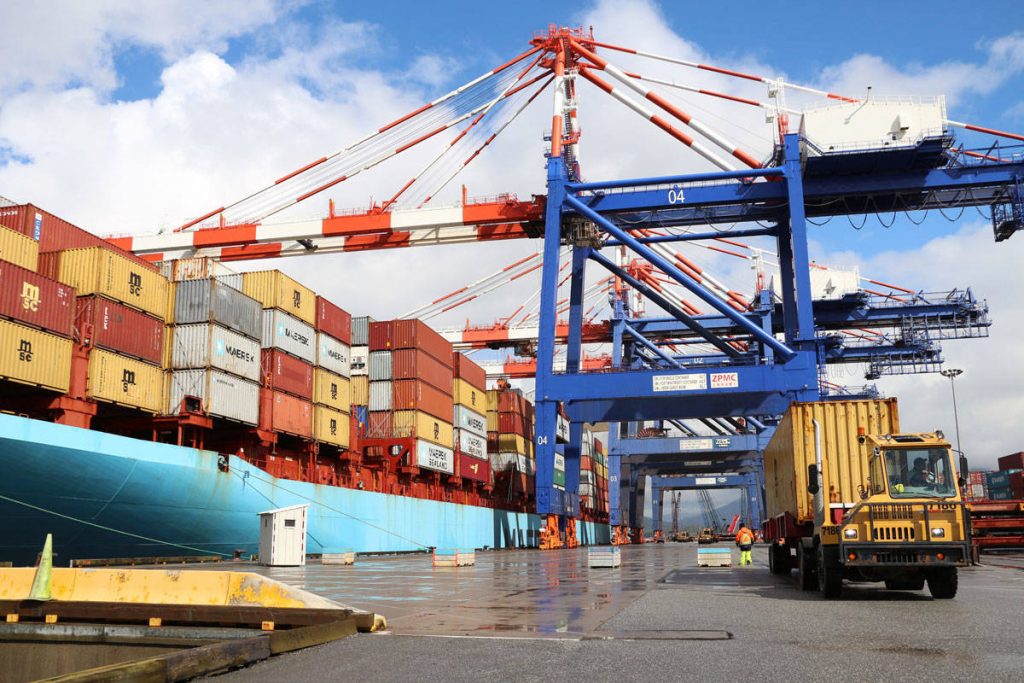A growing number of governments have adopted policies aimed at promoting innovation and technological progress for their economies, a trend which has implications for trade flows and the rules that govern global commerce, according to the 2020 edition of the WTO’s World Trade Report.
The flagship publication, launched in an online event on 23 November, mapped out the use of government policies in the digital era and underlines the importance of countries working together to encourage positive global outcomes while minimizing negative spill-overs.
“Historically, governments have often sought to use policy to enhance long-term economic growth and societal welfare,” Deputy Director-General Yi Xiaozhun said at the launch.
“In the past decades, these policies have increasingly been outward-oriented, in recognition that openness and access to larger markets and increased competition lead companies to innovate. Thus, trade and trade policies have contributed to innovation.”
Since the 2008-09 financial crisis, some 115 countries have instituted “new industrial policies” and other industrial and digital development strategies aimed at advancing their economies towards digitally enabled production processes and services, generally supporting the transition to the digital economy through technological upgrading and innovation.
The report finds that some of the policy instruments being employed to this aim are relatively new.
They include policies aimed at addressing access to data, research and development support such as tax breaks to assist digital innovation, knowledge diffusion through the agglomeration of talents and skills, and technological hubs to maximize knowledge spill-overs.
“In very recent years, spurring innovation in the digital field, whether new in the world or new in the country, is at the core of many new government policies, which have been adopted in countries at all levels of development,” DDG Yi said.
“Just as the WTO fostered broadly open, predictable, and competitive markets in the wider global economy, it can in the future play an important role in reducing uncertainty in markets for digital goods and services. But this will require updating the WTO framework to address new challenges and demands.”
